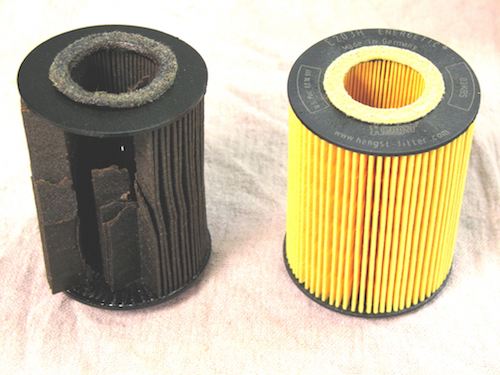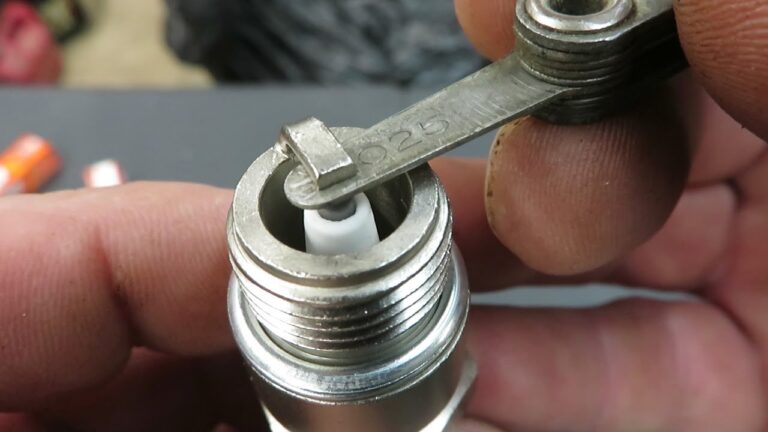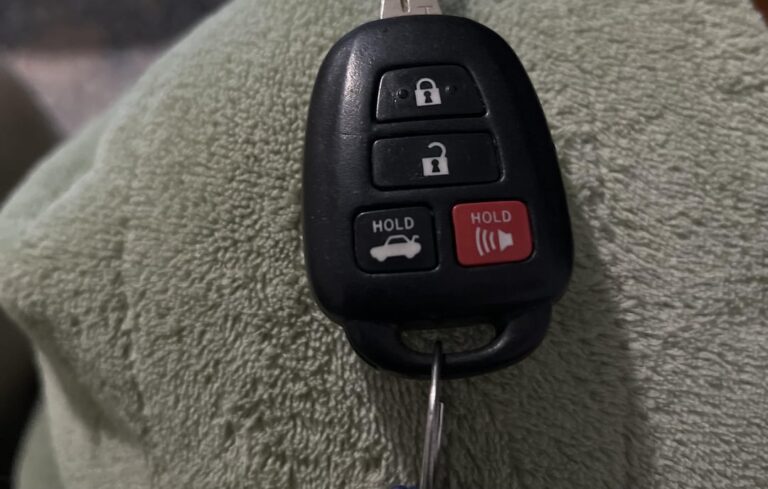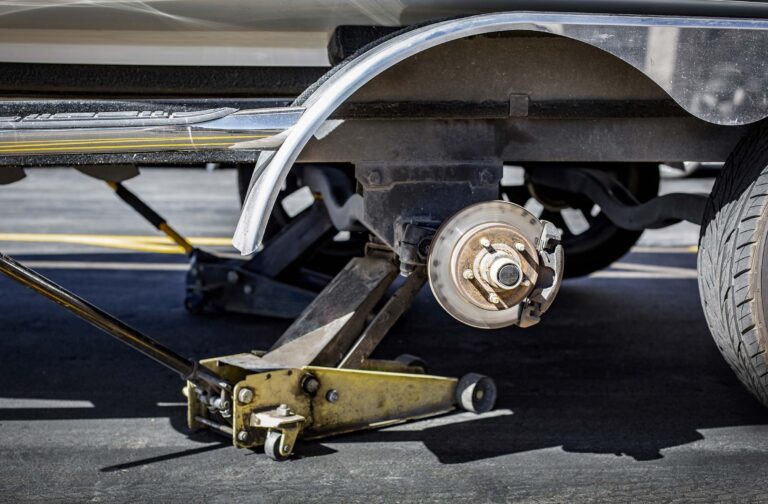Does My Car Need Freon?
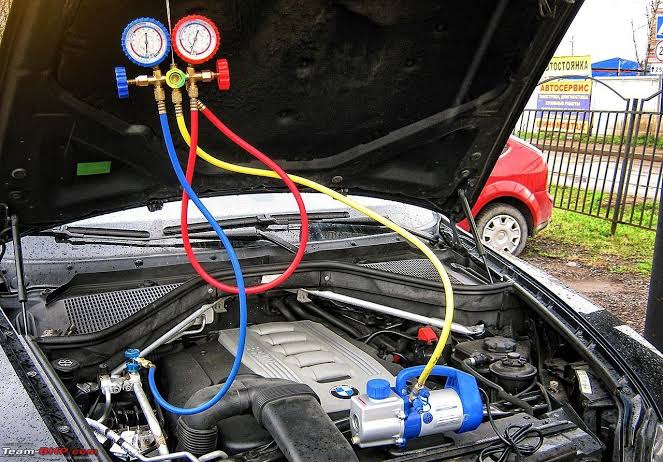
Freon, or refrigerant, plays a crucial role in the performance of your car’s air conditioning (AC) system. If you notice your AC isn’t cooling as effectively as it should, you might wonder if your car needs more Freon. This blog post will guide you through understanding what Freon is, how to identify if your car needs it, and what to do next.
What Is Freon?
Freon is a brand name for a type of refrigerant used in air conditioning systems. In cars, refrigerants like R-134a or R-1234yf are commonly used to cool the air inside the cabin. These refrigerants circulate through the AC system, absorbing heat and releasing it outside to provide cool air.
Signs Your Car Might Need Freon
If your car’s AC isn’t functioning correctly, it could be a sign of low refrigerant levels. Here are some common symptoms to look for:
1. Weak or Warm Airflow from the Vents
If the air blowing from your AC vents isn’t as cold as it used to be, it could indicate a lack of Freon.
2. AC Takes a Long Time to Cool
When the refrigerant level is low, your AC system struggles to cool the cabin, especially on hot days.
3. Hissing or Bubbling Noises
Unusual sounds when the AC is running might point to a refrigerant leak.
4. Visible Leaks Under the Car
A refrigerant leak may leave oily or greasy spots on the ground beneath your car.
5. AC Compressor Not Engaging
Low Freon levels can prevent the compressor from cycling on, which is essential for the AC to function.
How to Check If Your Car Needs Freon
1. Inspect the AC System
- Check for visible leaks or damage to the AC lines and connections.
- Look for warning lights on your dashboard related to the AC system.
2. Test the Air Temperature
Use a thermometer to measure the air temperature at the vents. If it’s not significantly cooler than the outside air, your system may need Freon.
3. Use an AC Pressure Gauge
An AC pressure gauge can help determine if the refrigerant pressure is low. Refer to your vehicle’s manual for the correct pressure range.
Causes of Low Freon Levels
Refrigerant doesn’t deplete over time unless there’s a problem. Here are common reasons for low Freon levels:
- Leaks in the AC System: Caused by damaged hoses, seals, or connections.
- Normal Wear and Tear: Over time, small leaks may develop.
- Improper Maintenance: Neglecting AC system checkups can lead to unnoticed issues.
Can You Add Freon to Your Car Yourself?
DIY Freon Recharge
It’s possible to add Freon to your car yourself using a recharge kit, but this requires caution:
- Only use the refrigerant specified in your car’s manual (e.g., R-134a or R-1234yf).
- Ensure there are no significant leaks before recharging.
Professional Service
For best results, it’s recommended to have a professional check and recharge your AC system. They can:
- Diagnose and repair leaks.
- Properly evacuate and refill the system.
- Ensure the refrigerant is at the correct level.
How Often Does a Car Need Freon?
Under normal circumstances, a car shouldn’t need Freon refills unless there’s a leak. However, it’s a good idea to:
- Have your AC system checked annually.
- Monitor performance and address issues promptly.
FAQs
1. How much does it cost to add Freon to a car?
The cost ranges from $150 to $300, depending on the refrigerant type and service provider.
2. What happens if I overfill the AC system with Freon?
Overfilling can damage the compressor and other components, leading to costly repairs.
3. Can low Freon levels damage my AC system?
Yes, running the AC with low Freon can overwork the compressor and cause system failure.
4. How can I prevent refrigerant leaks?
Regular maintenance and prompt repair of any damaged components can help prevent leaks.
5. What refrigerant does my car use?
Refer to your vehicle’s manual for the specific refrigerant type (e.g., R-134a or R-1234yf).
Conclusion
Freon is essential for your car’s air conditioning system to function properly. If you notice weak airflow, warm air, or unusual noises, it may be time to check your refrigerant levels. While DIY solutions exist, a professional inspection is often the safest and most effective way to ensure your AC system runs smoothly.
By maintaining your car’s AC system, you can enjoy a comfortable driving experience, even on the hottest days.
Also Check:
